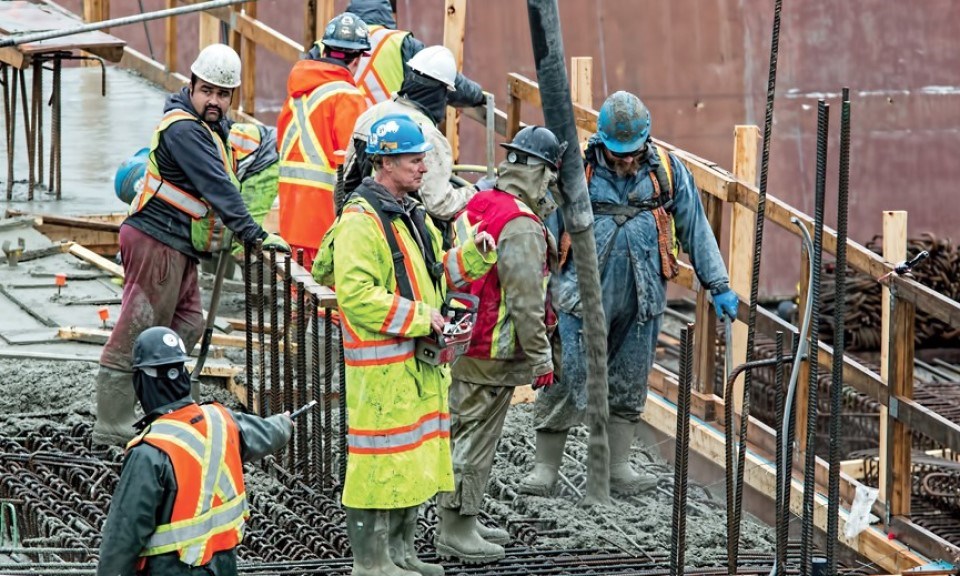Storm clouds are gathering over B.C.’s construction industry as we enter 2023.
For more than a decade, cheap money has helped fuel a booming sector. Although COVID and material escalation created their own dramatic challenges for the industry, the underlying fundamentals of construction in B.C. have remained strong.
Those fundamentals are now at risk and the industry had best prepare itself. If the past is any guide, market changes are often slow to develop in the construction industry. In 2008, it was apparent that the good times were over, but the impact was largely unfelt until 2009, as companies continued to work through profitable work on hand. For many construction companies, the worst years were not until 2011 and 2012, as they finally exhausted their profitable work.
Is 2023 set to be another 2009? Let’s hope not. There is certainly no reason to be despondent and assume that a dire future awaits. But at the same time, industry participants are well advised to consider protective measures in the event of a changing market. These might include:
- Watch costs and spending. In a strong market, companies can lose sight of the importance of strong cost management and spending controls. As the market changes, those companies with poor cost controls and loose spending habits are often the first to fail. Get ahead of the curve, by treating each dollar as though it’s critical today.
- Pull back on inventory purchasing and closely follow inventory-pricing trends. A broad market downturn often means a general fall in the price of input commodities. While no one knows where commodities will go in this unusual market, you should ensure that your purchases don’t put you at risk in the event of a pullback. Having excess material on hand will not help you if its value falls below market.
- Now may not be best time to invest in expansion. Avoid spending money that would place you in a weaker financial position in the event of a dramatic downward change. Remember that a strong balance sheet is what will carry you through adversity.
- Consider contractual protections. Before you execute new contracts, consider how a downturn may impact the agreement and whether you can add language to project yourself. For example, in the last downturn many owners sought to renegotiate executed construction contracts to reflect new market pricing. Consider including contract clauses now that directly address what happens if market pricing changes.
- Closely monitor pricing trends on projects you are bidding. Many contractors are slow to react to changing realities. If pricing begins to tighten, you want to ensure your pricing is immediately reflective of the new reality. In a falling market, the longer you wait to fill your book, the worse it is likely to get.
- Avoid financially weak or problematic customers. The wrong job with the wrong customer could mean the difference between success and failure in a challenging market. Provide aggressive pricing to customers that have earned your trust.
- Chase accounts receivable. The assumption that a customer “always pays eventually” is dangerous in a changing market.
- Cut deadwood but protect your human assets. Examine your team early and objectively and determine whether your team is as efficient as it should be and make changes where necessary. At the same time, ensure that you secure enough work to keep the team you value employed through a downturn.
- Identify and secure cornerstone projects. In a good market, projects are plentiful. In a challenging market, you will want to ensure you have lined up a few key projects to carry you through.
- Solidify key relationships. The construction business is about relationships, and you want to ensure that the right people are on your side and will want to help you through adversity.
This year may yet surprise us on the upside. After all, if there is one thing the last few years have taught us, it’s that no one knows what the future will bring. But there are sufficient economic indicators of concern that the industry is well advised to hope for the best but plan for the worst.
Norm Streu is president of Con-Force Structures Ltd. Christopher Hirst is managing partner at Alexander Holburn LLP.
This column was first published in BIV's print edition. For first access to print content, become .




